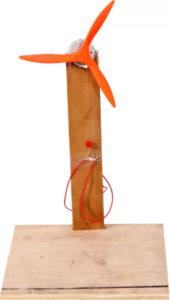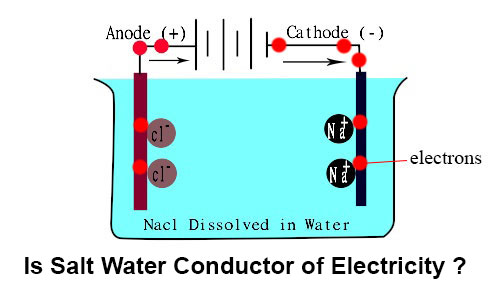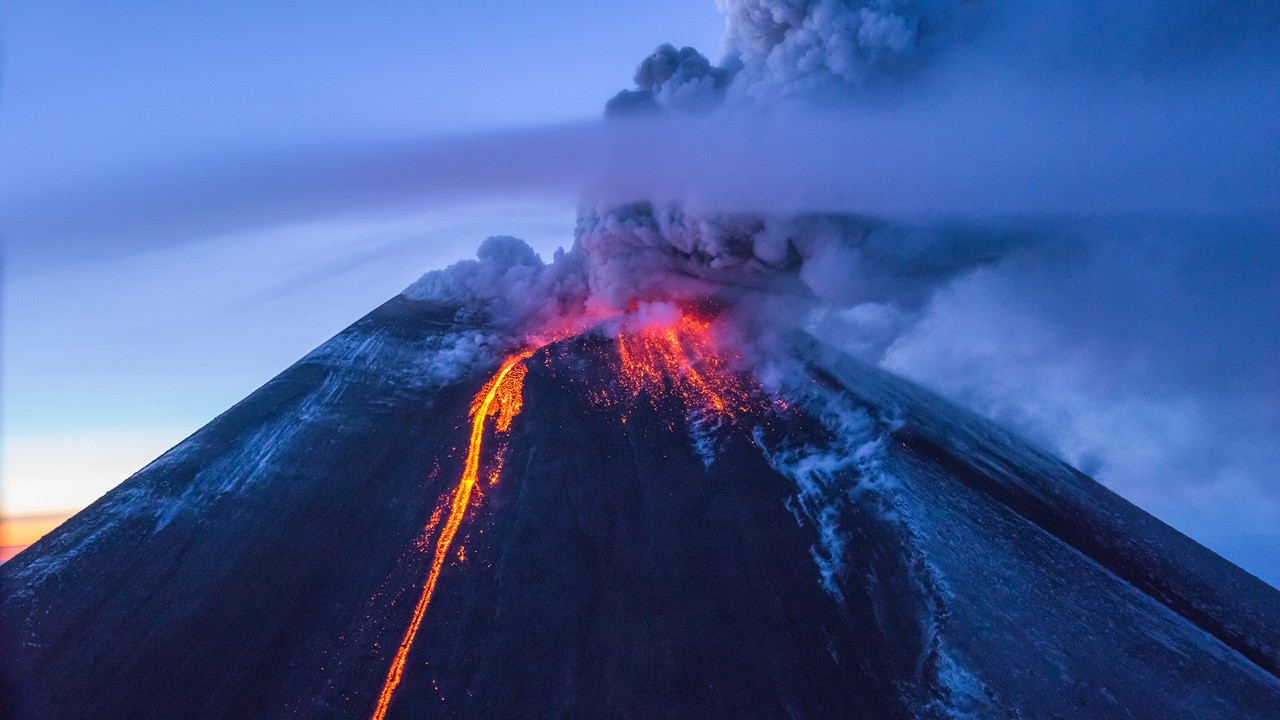Candle and beaker experiment
If you’re looking for candle and beaker experiment pictures information connected with to the candle and beaker experiment topic, you have visit the right blog. Our website always gives you hints for viewing the highest quality video and image content, please kindly surf and find more enlightening video articles and graphics that fit your interests.
Candle And Beaker Experiment. Fire is a chemical reaction that creates light and heat from oxygen and fuel. We repeated this experiment a few times to see if it might take less time for the flame to go out the second time. Burning candle experiment with water procedure. Lift a clean dry 1 liter.
 13 A Student Investigated The Relationship Between The Volume Of A Beaker Containing A Burning Candle And The Time Chemistry Physical And Chemical Changes 12433505 Meritnation Com From meritnation.com
13 A Student Investigated The Relationship Between The Volume Of A Beaker Containing A Burning Candle And The Time Chemistry Physical And Chemical Changes 12433505 Meritnation Com From meritnation.com
Next put the candle in the middle of the plate. Candles and rising water aim. Then light up the candle. Wait 30 seconds to 1 minute to make sure the candle is properly burning. Here s a science experiment that gives your child a. Just before the candle dies the water level rises to almost 1 10 th of pitcher height.
Put plasticine approximately smaller than twice the size of a 50 cent coin in the middle of.
Here s a science experiment that gives your child a. Then light up the candle. Put plasticine approximately smaller than twice the size of a 50 cent coin in the middle of. After some time the candle dims and goes out. Light the candle 2. Use transparent beakers for this experiment the candle flame in beaker a candle in a jar experiment youtube april 15th 2018 a pan filled with water has a lit candle covered with a mason jar in the middle of it the candle consumes enough oxygen to put itself out the pressure insi.
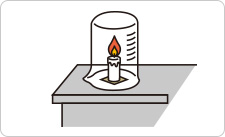 Source: gastec.co.jp
Source: gastec.co.jp
Cover a burning candle with a pitcher so that the candle is in an air tight room sealed by the water at the ground. Is it because of the heat of the light released that make the beaker foggy. Light the candle 2. Experiment where pupils must find out if the amount of air makes a difference to how long a candle burns. Then light up the candle.
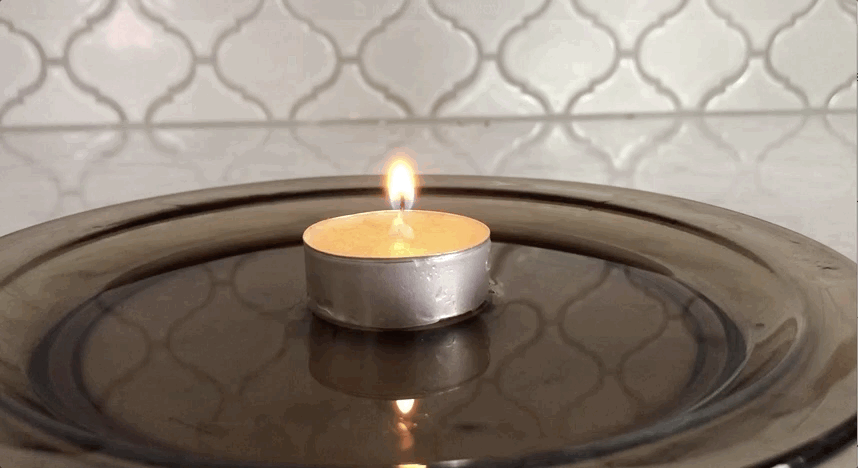 Source: ehub.ardusat.com
Source: ehub.ardusat.com
When it s ready cover the candle with the glass. Lift a clean dry 1 liter. The light will turn off procedure. Put plasticine approximately smaller than twice the size of a 50 cent coin in the middle of. Just before the candle dies the water level rises to almost 1 10 th of pitcher height.
 Source: youtube.com
Source: youtube.com
Cover a burning candle with a pitcher so that the candle is in an air tight room sealed by the water at the ground. The candle will continue burning for a few seconds. Candle and beaker experiment results table. First pour water into the plate. Wait 30 seconds to 1 minute to make sure the candle is properly burning.
 Source: berwicksclasses.org
Source: berwicksclasses.org
Just before the candle dies the water level rises to almost 1 10 th of pitcher height. Candle and beaker experiment results table. Put plasticine approximately smaller than twice the size of a 50 cent coin in the middle of. Light the candle 2. When it s ready cover the candle with the glass.
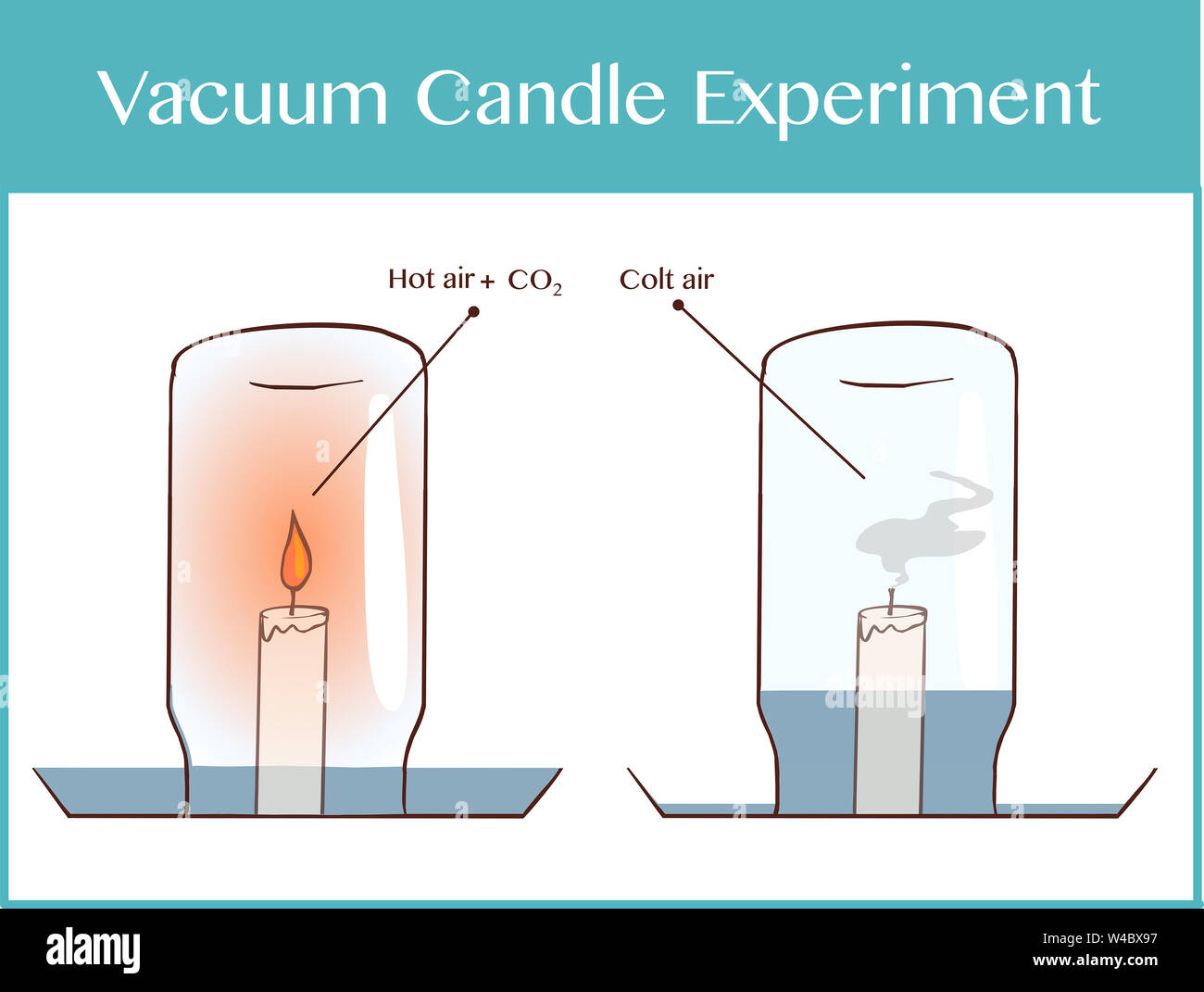 Source: alamy.com
Source: alamy.com
Experiment where pupils must find out if the amount of air makes a difference to how long a candle burns. First pour water into the plate. The first experiment we did was to cover the candle with a 400 ml beaker. Put plasticine approximately smaller than twice the size of a 50 cent coin in the middle of. Fire is a chemical reaction that creates light and heat from oxygen and fuel.
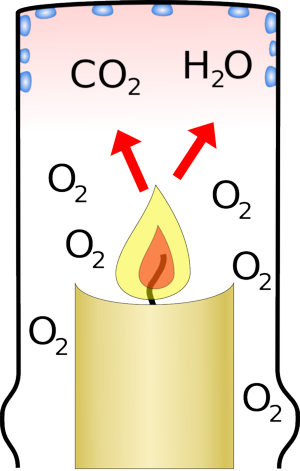 Source: thenakedscientists.com
Source: thenakedscientists.com
When it s ready cover the candle with the glass. To discover and record how far water rises when a candle is lit inside a beaker. Light the candle 2. The light will turn off procedure. The candle will continue burning for a few seconds.
Source: sites.google.com
Wait 30 seconds to 1 minute to make sure the candle is properly burning. Burning a candle in a beaker. After some time the candle dims and goes out. Lift a clean dry 1 liter. Wait 30 seconds to 1 minute to make sure the candle is properly burning.
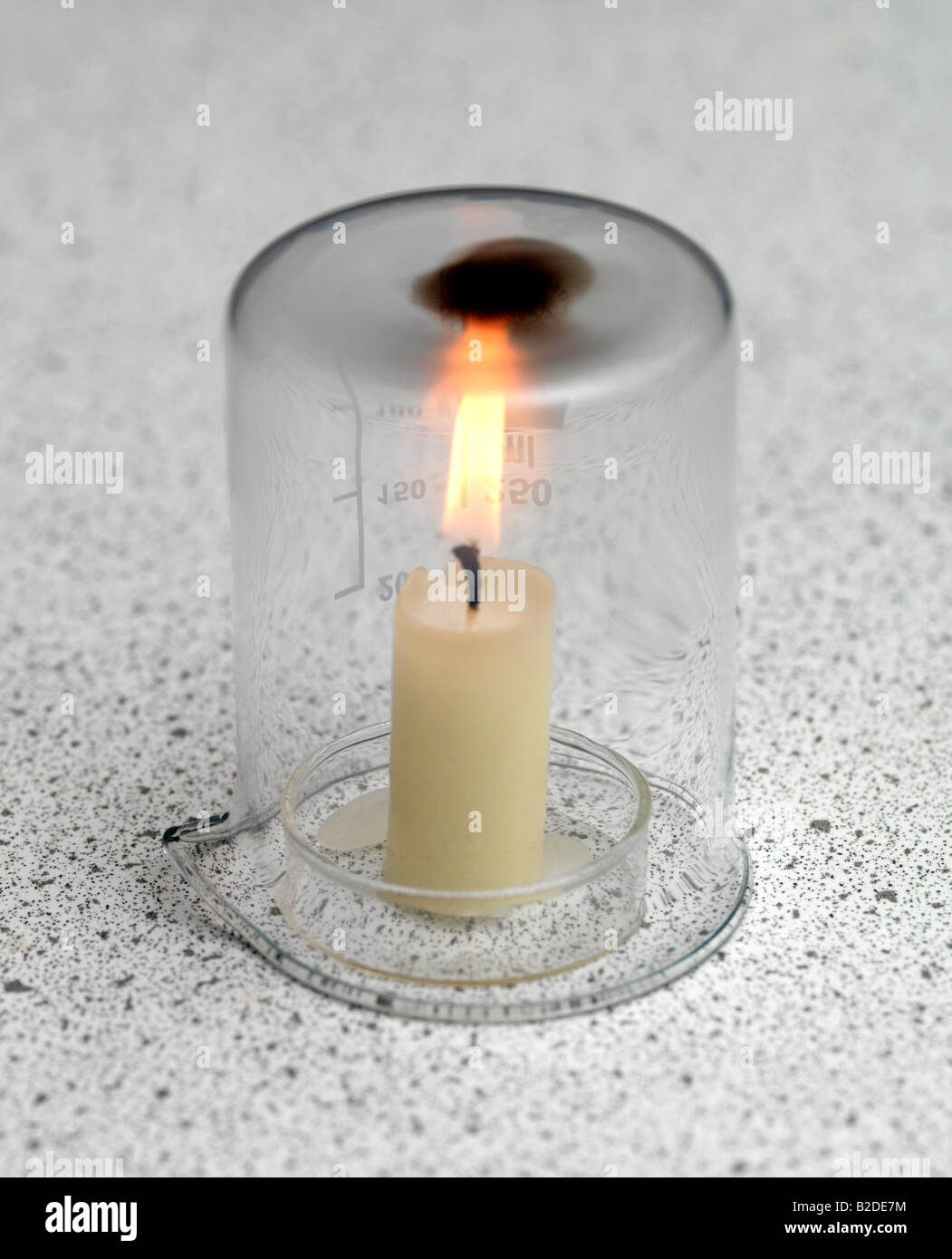 Source: alamy.com
Source: alamy.com
After some time the candle dims and goes out. Fire is a chemical reaction that creates light and heat from oxygen and fuel. Then light up the candle. Observe the beaker carefully. When we covered the candle we noticed that the inside of the beaker became fogged possibly from water.
Source: sites.google.com
When we covered the candle we noticed that the inside of the beaker became fogged possibly from water. Candle and beaker experiment results table. Lift a clean dry 1 liter. The candle will continue burning for a few seconds. Fire is a chemical reaction that creates light and heat from oxygen and fuel.
 Source: meritnation.com
Source: meritnation.com
Experiment where pupils must find out if the amount of air makes a difference to how long a candle burns. Wait 30 seconds to 1 minute to make sure the candle is properly burning. Cover a burning candle with a pitcher so that the candle is in an air tight room sealed by the water at the ground. Burning candle experiment with water procedure. Put plasticine approximately smaller than twice the size of a 50 cent coin in the middle of.
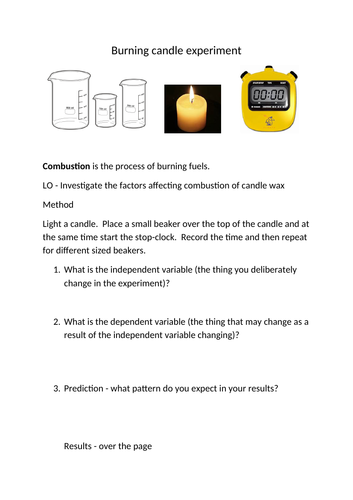
To discover and record how far water rises when a candle is lit inside a beaker. Use transparent beakers for this experiment the candle flame in beaker a candle in a jar experiment youtube april 15th 2018 a pan filled with water has a lit candle covered with a mason jar in the middle of it the candle consumes enough oxygen to put itself out the pressure insi. Burning candle experiment with water procedure. Burning a candle in a beaker. After some time the candle dims and goes out.
 Source: physics.stackexchange.com
Source: physics.stackexchange.com
If you limit the amount of air available the candle s flame eventually goes out once it uses up all the oxygen. The candle will continue burning for a few seconds. Matches 8 candles foil pan water elastic bands 250ml beaker plasticine method. We repeated this experiment a few times to see if it might take less time for the flame to go out the second time. Wait 30 seconds to 1 minute to make sure the candle is properly burning.
 Source: m.youtube.com
Source: m.youtube.com
Put plasticine approximately smaller than twice the size of a 50 cent coin in the middle of. Good scaffolding for weaker students. Burning a candle in a beaker. Candles and rising water aim. A lit candle needs to draw oxygen from the air in order to continue burning.
 Source: education.com
Source: education.com
Is it because of the heat of the light released that make the beaker foggy. Fire is a chemical reaction that creates light and heat from oxygen and fuel. Then light up the candle. The light will turn off procedure. To discover and record how far water rises when a candle is lit inside a beaker.
Source: sites.google.com
Very quickly within about 10 sec the candle went out. Very quickly within about 10 sec the candle went out. Wait 30 seconds to 1 minute to make sure the candle is properly burning. Just before the candle dies the water level rises to almost 1 10 th of pitcher height. When it s ready cover the candle with the glass.
If you find this site serviceableness, please support us by sharing this posts to your own social media accounts like Facebook, Instagram and so on or you can also save this blog page with the title candle and beaker experiment by using Ctrl + D for devices a laptop with a Windows operating system or Command + D for laptops with an Apple operating system. If you use a smartphone, you can also use the drawer menu of the browser you are using. Whether it’s a Windows, Mac, iOS or Android operating system, you will still be able to bookmark this website.



